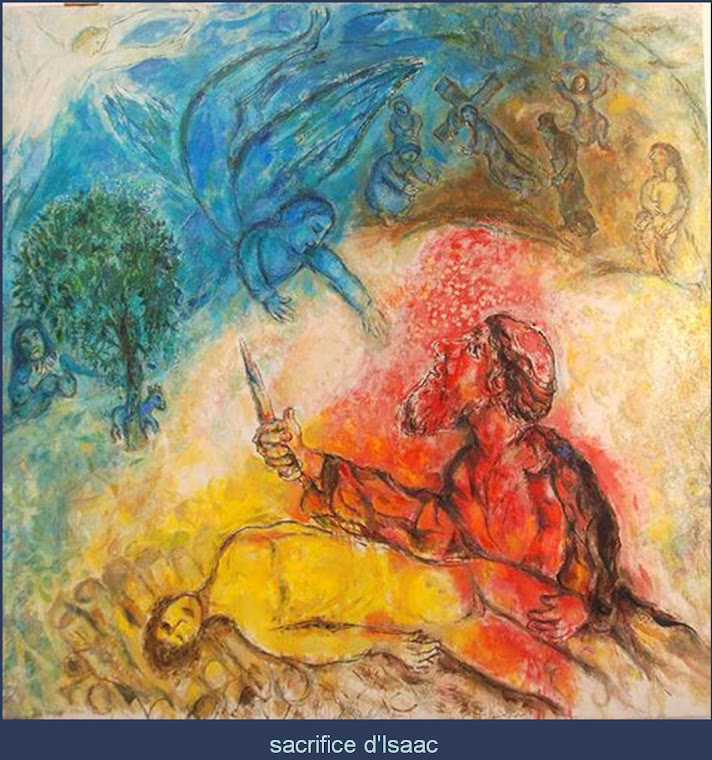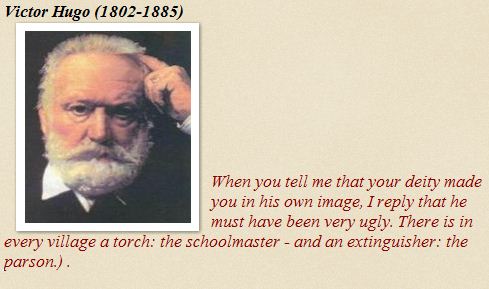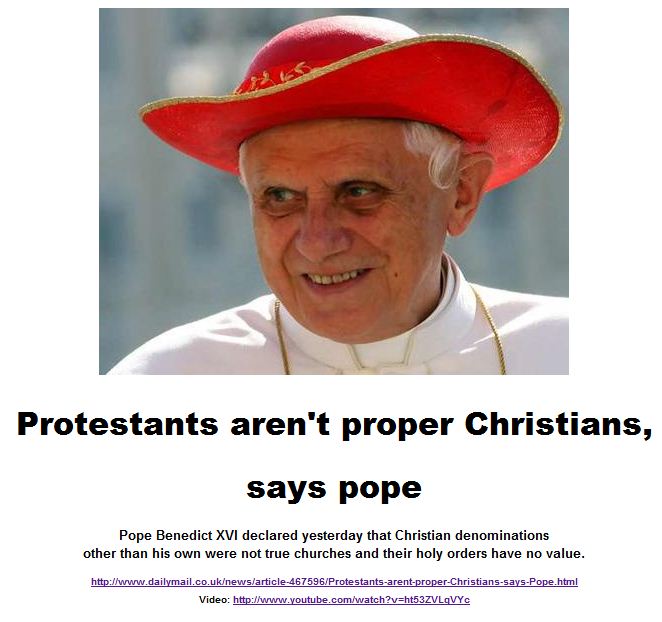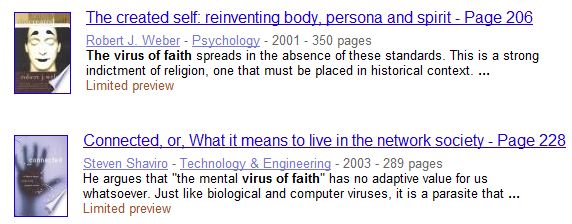By Robert Green Ingersoll
They say that the Emperor Julian [AD 331-363] was an "apostate"; that he was once a Christian; that he fell from grace, and that in his last moments, throwing some of his own blood into the air, he cried out to Jesus Christ, "Galilean, thou hast conquered!"
[Image: Emperor Flavius Claudius Julianus - Julian the Apostate, Julian the Philosopher]
Upon ascending the throne he published an edict proclaiming universal religious toleration. He was then a Pagan. It is claimed by some that he never did entirely forget his Christian education. In this I am inclined to think there is some truth, because he revoked his edict of toleration, and for a time was nearly as unjust as though he had been a saint. He was emperor one year and seven months. In a battle with the Persians he was mortally wounded. "Brought back to his tent, and feeling that he had but a short time to live, he spent his last hours in discoursing with his friends on the immortality of the soul. He reviewed his reign and declared that he was satisfied with his conduct, and had neither penitence nor remorse to express for anything that he had done." His last words were: "I submit willingly to the eternal decrees of heaven, convinced that he who is captivated with life, when his last hour has arrived is more weak and pusillanimous than he who would rush to voluntary death when it is his duty still to live."
When we remember that a Christian emperor murdered Julian's father and most of his kindred, and that he narrowly escaped the same fate, we can hardly blame him for having a little prejudice against a church whose members were fierce, ignorant, and bloody -- whose priests were hypocrites, and whose bishops were assassins. If Julian had said he was a Christian -- no matter what he actually was, he would have satisfied the church.
The story that the dying emperor acknowledged that he was conquered by the Galilean was originated by some of the so-called Fathers of the Church, probably by Gregory or Theodoret. They are the same wretches who said that Julian sacrificed a woman to the moon, tearing out her entrails with his own hands. We are also informed by these hypocrites that he endeavored to rebuild the
I did not suppose that an intelligent man could be found in the world who believed this childish fable, and yet in the January number for 1880, of the Princeton Review, the Rev. Stuart Robinson (whoever he may be) distinctly certifies to the truth of this story. He says: "Throughout the entire era of the planting of the Christian Church, the gospel preached was assailed not only by the malignant fanaticism of the Jew and the violence of Roman statecraft, but also by the intellectual weapons of philosophers, wits, and poets. Now Celsus denounced the new religion as base imposture. Now Tacitus described it as but another phase of theodium generius humani. Now Julian proposed to bring into contempt the prophetic claims of its founder by the practical test of rebuilding the
All these stories rest upon the same foundation, the mendacity of priests.
Julian changed the religion of the Empire, and diverted the revenues of the church. Whoever steps between a priest and his salary, will find that he has committed every crime. No matter how often the slanders may be refuted, they will be repeated until the last priest has lost his body and found his wings. These falsehoods about Julian were invented some fifteen hundred years ago, and they are repeated to-day by just as honest and just as respectable people as these who told them at first. Whenever the church cannot answer the arguments of an opponent, she attacks his character. She resorts to falsehood, and in the domain of calumny she has stood for fifteen hundred years without a rival.
The great Empire was crumbling to its fall. The literature of the world was being destroyed by priests. The gods and goddesses were driven from the earth and sky. The paintings were torn and defaced. The statues were broken. The walls were left desolate, and the niches empty. Art, like Rachel, wept for her children, and would not be comforted. The streams and forests were deserted by the children of the imagination, and the whole earth was barren, poor and mean.
Christian ignorance, bigotry and hatred, in blind unreasoning zeal, had destroyed the treasures of our race. Art was abhorred, Knowledge was despised, Reason was an outcast. The sun was blotted from the intellectual heaven, every star extinguished, and there fell upon the world that shadow -- that midnight, known as "The Dark Ages."
http://tiny.cc/azfik





























































































































No comments:
Post a Comment